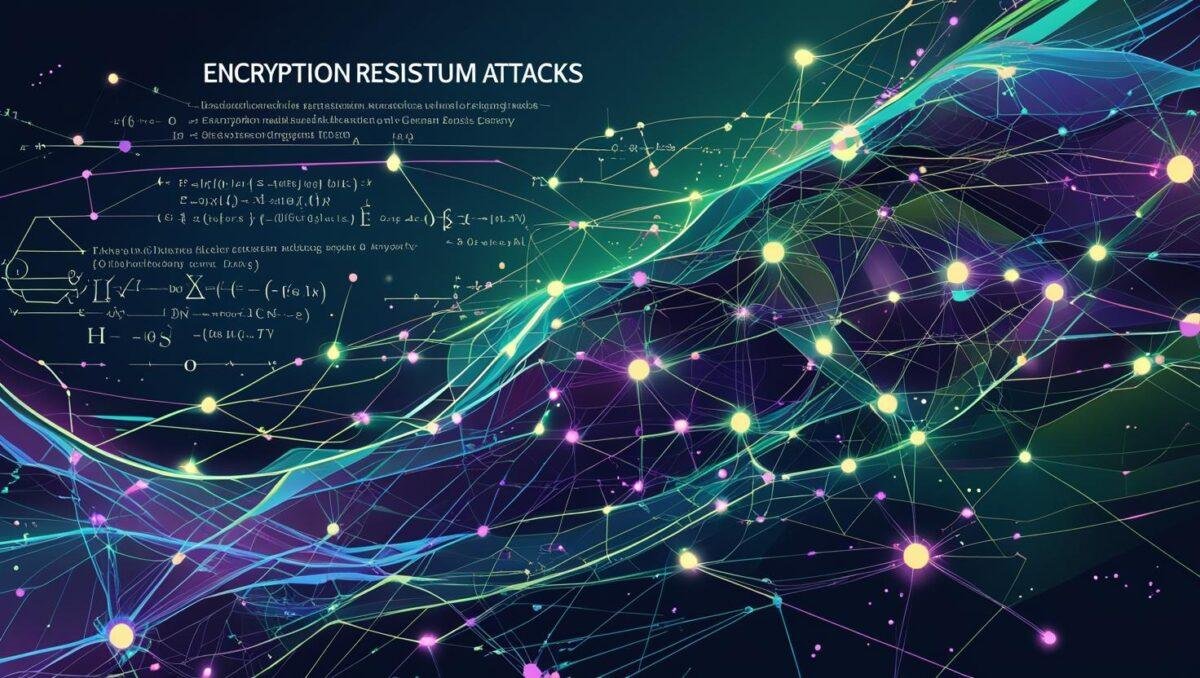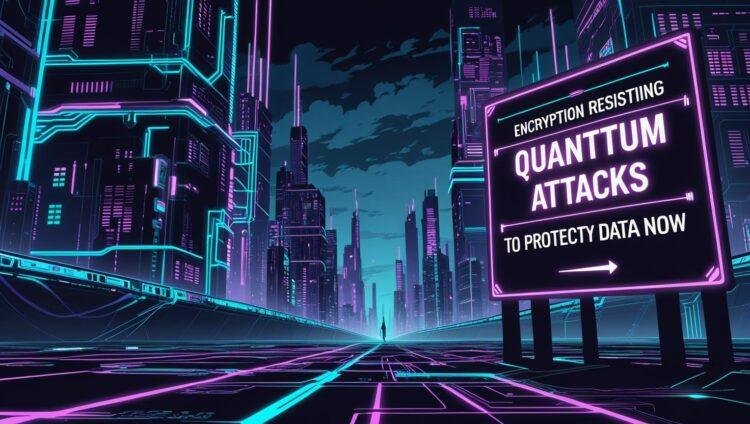Encryption that resists quantum attacks is now critical. Learn how new encryption protects your data from powerful quantum computers in 2025.
Encryption resisting quantum attacks is becoming a hot topic in 2025. With the rise of powerful quantum computers, our current online security is at serious risk. In this article, we’ll break down what quantum attacks are, why encryption needs to change fast, and what it means for you, even if you’re just a Free Fire player who loves privacy and safety.
What Is Encryption, and Why Does It Matter?
Encryption is like a secret code for your data.
When you:
- Send a message,
- Make a payment, or
- Log in to a game like Free Fire
Encryption makes sure no one else can read your info.
It keeps everything safe—from bank accounts to gaming profiles.
Quantum Computing: A Double-Edged Sword
Quantum computers are super-powerful machines.
What makes them special?
- They use qubits instead of regular bits.
- They solve problems millions of times faster than today’s best computers.
But this speed comes with a risk—they can break encryption.
How Quantum Computers Threaten Encryption
Many systems today use encryption like RSA and ECC (Elliptic Curve Cryptography). These are strong—but quantum computers can break them in minutes using special algorithms like Shor’s Algorithm.
That means:
- Hackers could steal personal info.
- Game accounts, bank details, and even military data could be at risk.
Scary, right? That’s why we need encryption resisting quantum attacks.
What Is Encryption Resisting Quantum Attacks?
This type of encryption is designed to stand strong even against quantum computers.
Also called post-quantum encryption, it:
- Uses mathematical problems that quantum computers can’t easily solve.
- Keeps your data safe now and in the future.
Think of it like giving your password a superhero shield!
Why It’s Urgent in 2025
Here’s why we need action right now:
- Quantum computers are improving fast.
- Hackers may be stealing encrypted data today to decode it later.
- Governments and tech companies are already switching to quantum-safe encryption.
Once quantum power grows, old encryption could fall like a house of cards.
Post-Quantum Cryptography: The Future of Online Safety
Post-quantum cryptography (PQC) is the tech world’s answer.
PQC uses:
- Lattice-based encryption
- Hash-based signatures
- Code-based systems
- Multivariate equations
These are hard for both normal and quantum computers to break.
The U.S. National Institute of Standards and Technology (NIST) is already working to standardize these methods.
Examples of Quantum-Safe Encryption in Action
Big names are already moving ahead.
Real-world examples:
- Google: Testing post-quantum algorithms in Chrome.
- Microsoft: Integrating PQC in its future cloud tools.
- IBM: Launching secure systems with quantum-resilient protection.
- ProtonMail: Working on PQC email encryption.
This isn’t just theory—it’s happening now.
What Free Fire Fans Should Know
If you love Free Fire, you love speed, strategy, and safety.
But:
- What if your account got hacked by someone using a quantum computer?
- Or your payments for diamonds were exposed?
Free Fire and other games will soon need to upgrade their encryption to make sure this never happens.
How You Can Prepare Today
Even if you’re not a scientist, you can still protect yourself:
Tips for being ready:
- Use apps that are upgrading to quantum-safe encryption.
- Update your software regularly.
- Don’t share sensitive info on insecure networks.
- Follow gaming platforms that support better security.
- Stay informed about quantum and AI trends. Your data is like a treasure; it before someone with a quantum key gets in.

Conclusion: Stay One Step Ahead
Encryption resisting quantum attacks is no longer a faraway idea. It’s today’s most urgent security upgrade. With quantum computers growing stronger every day, your personal data, game accounts, and messages need stronger shields.












